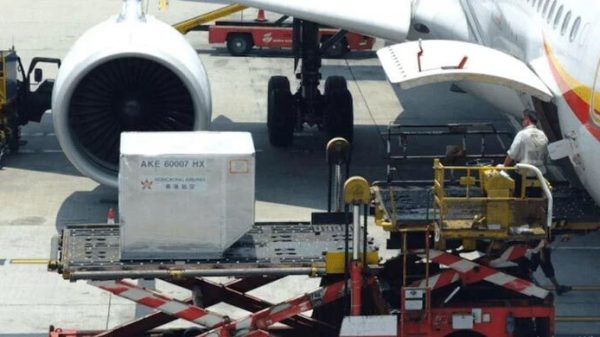China unveils world’s fastest internet; 1.2 terabits per second

- Update Time : Friday, 17 November, 2023, 05:24 pm
- 235 Time View

Online Desk: China has commenced the deployment of what is being hailed as the world’s most advanced internet network. The network, boasting a staggering speed of 1.2 terabits per second – equivalent to 1,200 gigabits – is capable of transferring data from 150 movies in a mere second, according to Huawei, the Chinese tech company spearheading the project. It is important to note that these figures represent theoretical maximums, and such speeds are unlikely to be available to average consumers in the immediate future.
In a recent press conference, Huawei, in collaboration with China Mobile, announced the official launch of this next-generation backbone network. This initiative is supported by Beijing’s Tsinghua University and Cernet, an education and research network under the auspices of the Chinese government. A backbone network, crucial for routing internet traffic across diverse geographical locations, is instrumental in supporting data-intensive technologies like 5G and electric vehicles.
Spanning approximately 1,800 miles of optic fiber cables, the network stretches from Beijing to the southern regions of China. Details regarding further expansion across the country remain undisclosed.
The network’s operation and testing phase began this summer, with its launch notably occurring around two years earlier than predictions made by industry experts. This rapid development underscores China’s commitment to establishing itself as a frontrunner in the global tech arena.
While the immediate consumer impact of these ultra-fast internet speeds might be limited, the strategic and economic implications of this technological advancement are profound. It places China at the forefront of the digital race, setting a new benchmark in internet connectivity and data transmission capabilities.
















